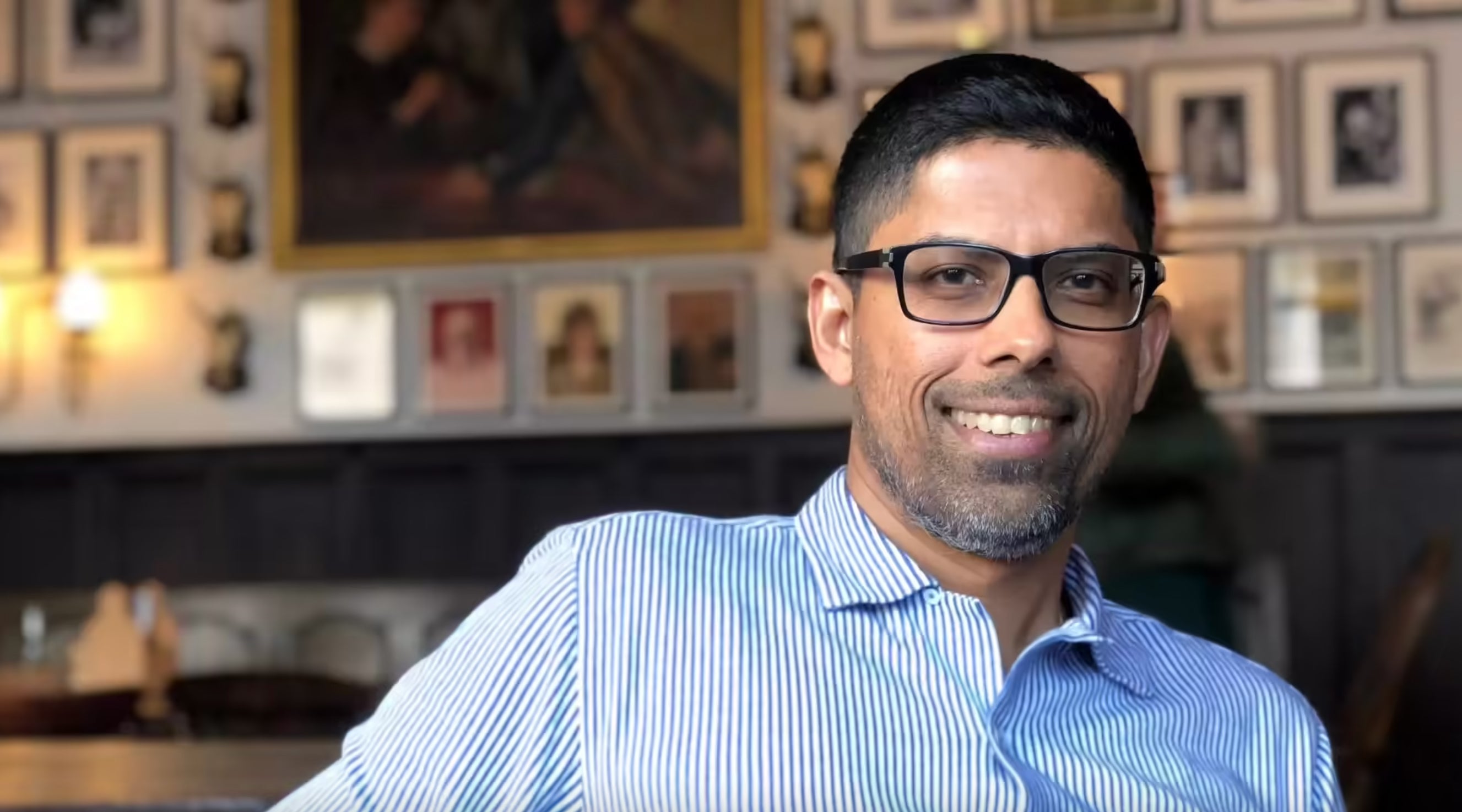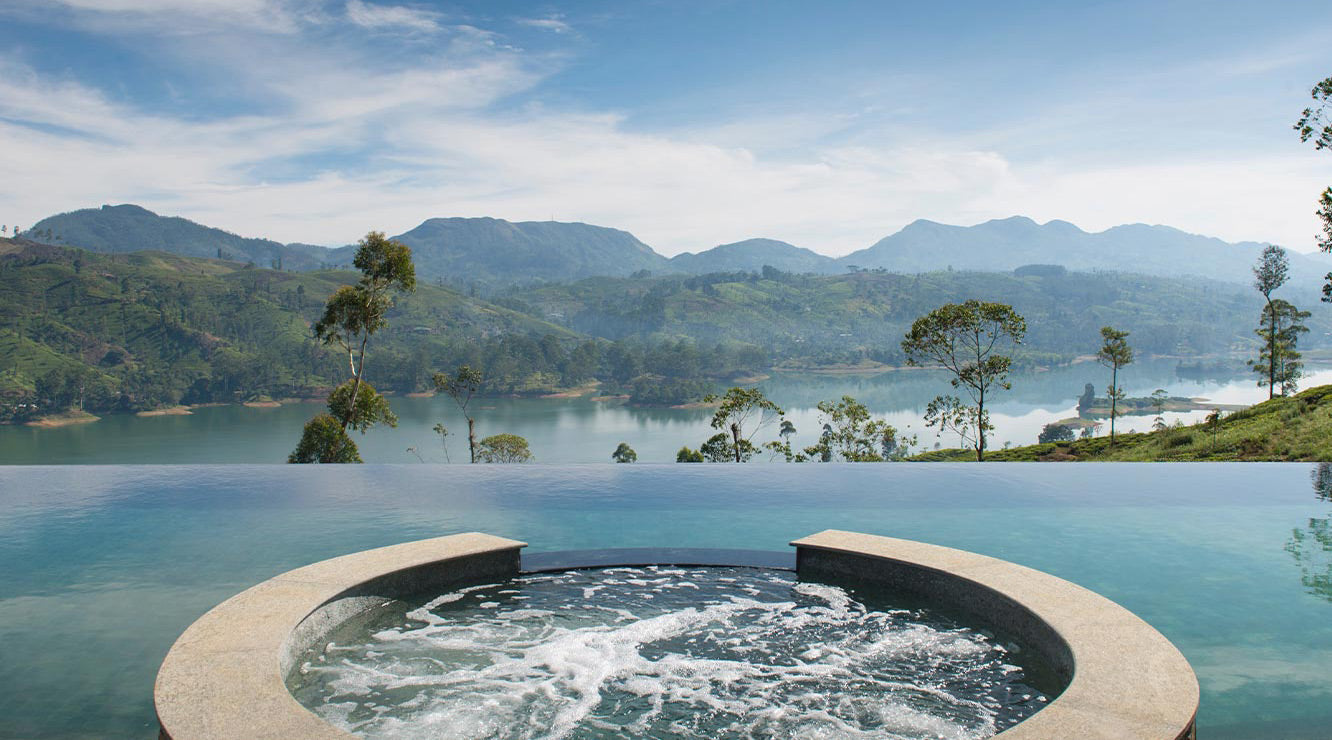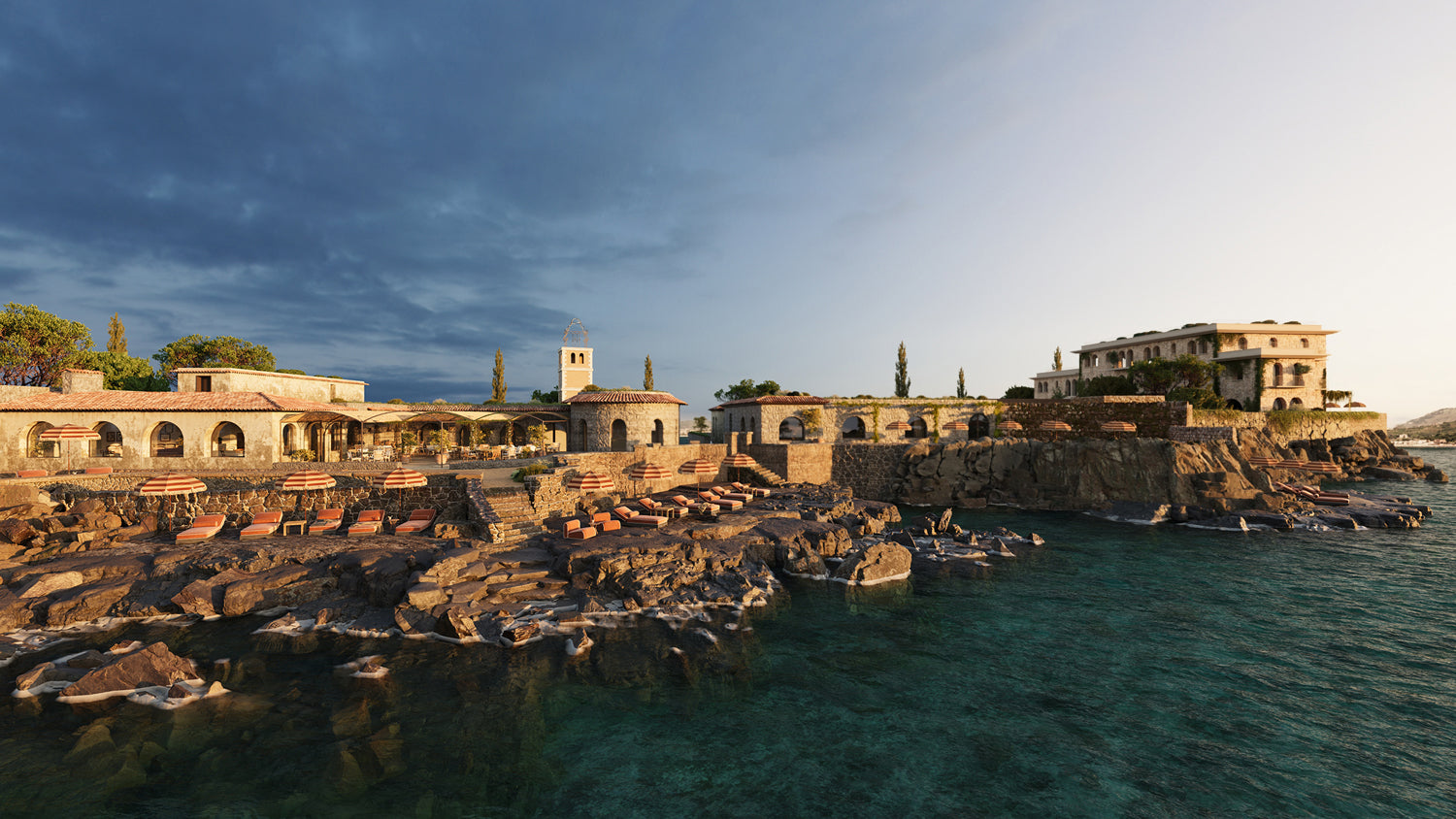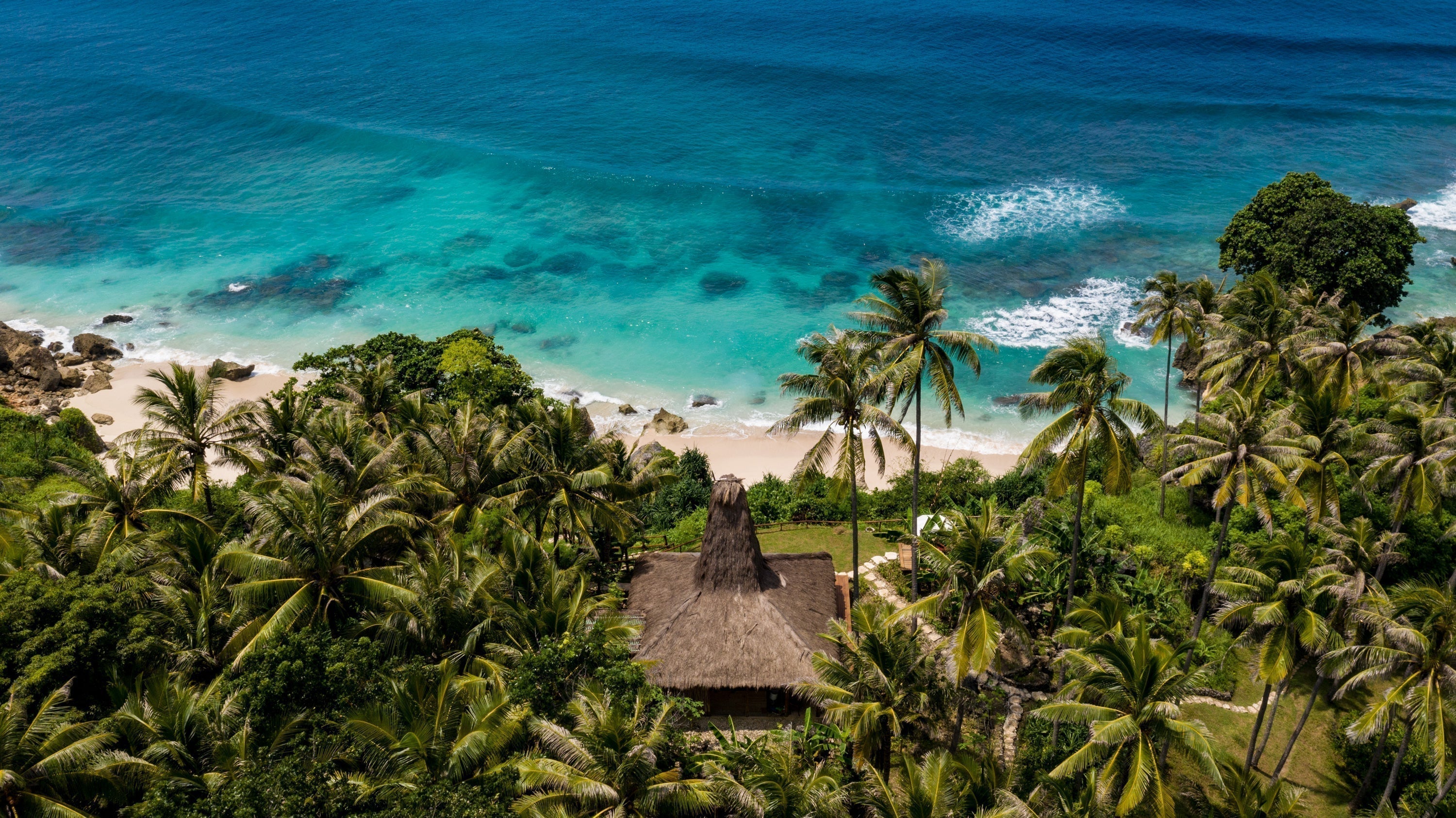We recently caught up with Malik Fernando, founder of Resplendent Ceylon. Originally tea producers and founders of Sri Lanka’s largest tea export, Dilmah Ceylon Tea, the Fernando family now call themselves ‘Accidental Hoteliers’. They offer discerning travellers a collection of small and luxury boutique resorts and trails across Sri Lanka.
Introduce yourself and tell us a bit about your work
My name is Malik Fernando, and I am the founder of Resplendent Ceylon, a collection of boutique luxury resorts offering a unique ‘trail’ across Sri Lanka. We are a family-run business and funnily enough call ourselves ‘accidental hoteliers’ as we were originally tea producers and founders of Sri Lanka’s largest tea export, Dilmah.

Through our properties, we offer the upscale traveller a range of authentic experiences linked to Sri Lanka’s history, culture, and nature. Like Dilmah, they all have a passionate commitment to quality, authenticity and sustainability. Our first hotel, Tea Trails, opened in 2005 as the world’s first tea bungalow resort, spanning 2,000 acres of tea country and comprising five colonial-style bungalows plus a private one-bedroom cottage, each originally built between 1888 and 1950. Tea Trails’ sister resort Cape Weligama followed in October 2014, introducing an elegant resort overlooking the beautiful bay of Weligama, famed for whale-watching. Wild Coast Tented Lodge is our newest venture, situated along a pristine beach on the fringes of the renowned Yala National Park. It combines the comforts of a luxury hotel with the back-to-nature excitement of a wilderness safari camp.
At the heart of our brand is a commitment to making business a matter of human service. We do this through our MJF Charitable Foundation which provides assistance to disadvantaged and impoverished communities in the region. We also have a commitment to environmental sustainability through the creation of Dilmah Conservation. Here our goal is to ensure the protection of our environment by encouraging harmonious co-existence between humankind and nature in Sri Lanka.
Elephants and their preservation are core to both our brands – what do they mean to you?
It is estimated that Sri Lanka has the highest density of elephants in Asia, however, human-elephant conflict is ever-increasing. The elephant population has declined by at least 50% over the last 60 years which is really shocking. As I see it, we as a hotel operator in the region, have a massive responsibility to protect elephants from this conflict, and educate local and international communities on the problem and what can be done to fix it in future.
Through our conservation work, we have funded the renovation of the Elephant Transit Home (ETH) in Udawalawe National Park which was founded to provide protection for orphaned or abandoned elephant calves. There we maintain a dedicated information centre designed to create awareness and share vital information on the issues around elephant conservation. We have also partnered with the Department of Wildlife Conservation and the Centre for Conservation and Research in radio-collaring elephants in Yala National Park to study their movement patterns for conservation studies. Elephants hold great significance in Sri Lanka so it is important we do all we can to ensure they are protected and thrive in their natural habitat.
Having a brand with a greater purpose is so important now, why do you believe that luxury should have a greater responsibility?
We are now living in a world where we face two massive global threats; climate change and the current Covid-19 pandemic. Sustainability has to become more than a buzzword or a trend, it needs to become a global mindset, particularly when it comes to luxury business. We all need to ensure we operate responsibly, are mindful of what is going on around us, and give back to our planet and people.
Consumers are more inquisitive and environmentally conscious than ever before and therefore luxury brands have a responsibility to provide transparency on their product, ethics, and purpose. Wouldn’t it be cool if there was a shift and the term ‘luxury’ was understood on a global scale as not just a guarantee of quality but a guarantee of sustainability and humanitarian commitments too? Our philosophy of ‘Business as a Matter of Human Service’ is underpinned by six pillars; Quality, Tradition, Our Customer, Ethics, Integrity and Sustainability. We firmly believe in the importance of making a conscious effort to uphold these six pillars for both society and the environment.
What is your definition of sustainability and being environmentally aware?
It means not compromising the ability of future generations and protecting our ecosystems so that nature and our fellow species are able to thrive. It means living in a world where there is social equality and economic development is conducted with mindful awareness of our planet.
Tell us a little bit about your conservation work and its effects
We have plenty of country-wide initiatives through Dilmah Conservation but I’ll tell you a few examples of work at our properties. We have launched a leopard conservation station to support the work of the Wilderness and Wildlife Conservation Trust (WWCT) whose founders are pioneering research on the Sri Lankan leopard. While the hill country is known better for tea plantations, pockets of forest are home to a strong population of leopards. We also encourage our guests to visit the research station to learn about these fascinating cats, their habits and the conservation efforts we are supporting through WWCT. Operationally, we have had solar panels built on the roof structures of our properties to provide 40% of their energy needs, food waste is processed in a gas digester to produce biogas for our kitchen, grey water is recycled for watering the gardens, and heat recovery from the air-conditioning units is used for water heating. We also ensure that a minimum of 10% of our profits go back into the MJF Charitable Foundation.







